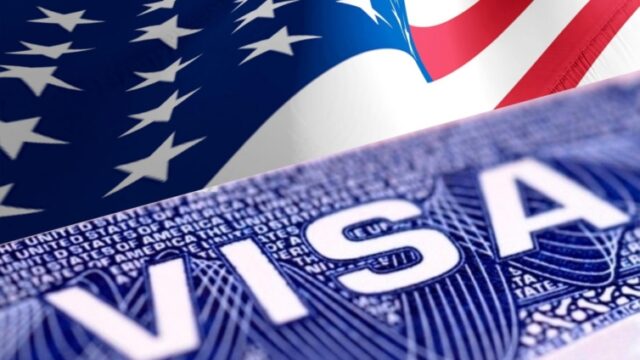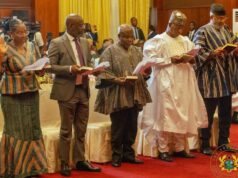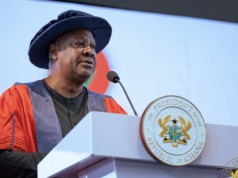The United States government has revised its visa reciprocity policy for Ghana, significantly limiting the duration and number of entries allowed under most non-immigrant visa categories.
Under the updated guidelines published by the U.S. Department of State – Bureau of Consular Affairs, most Ghanaian travelers, including those applying for business (B1) and tourism (B2) visas, will now receive single-entry visas valid for just three months.
This marks a major departure from previous policies that allowed multiple-entry visas valid for up to five years.
The new restrictions also apply to Ghanaian students. Holders of the F-1 visa, typically issued to full-time academic students, will now be granted single-entry visas that expire after three months—another sharp reduction from previous terms.
Diplomats and government officials with A-class visas remain largely unaffected. They will continue to receive multiple-entry visas with validity periods ranging from 24 to 60 months.
For family-based visas, the K1 visa—for the foreign-citizen fiancé(e) of a U.S. citizen—and the K2 visa—for their unmarried children—remain single-entry visas valid for six months. In contrast, the K3 visa (for spouses of U.S. citizens) and the K4 visa (for their dependent children) will be multiple-entry visas valid for 24 months.
The policy update falls under the broader U.S. “Visa Reciprocity and Civil Documents by Country” framework, which aligns visa terms for foreign nationals with the conditions their countries impose on U.S. citizens.
A similar revision was recently enacted for Nigerian nationals.
While the U.S. has not issued an official explanation for the changes affecting Ghana, such shifts are typically influenced by diplomatic negotiations, immigration policy goals, or updated national security assessments.
The new policy may create additional financial and administrative burdens for Ghanaian citizens who make frequent trips to the U.S. for business, education, or tourism, as each visit would now require a fresh visa application.








